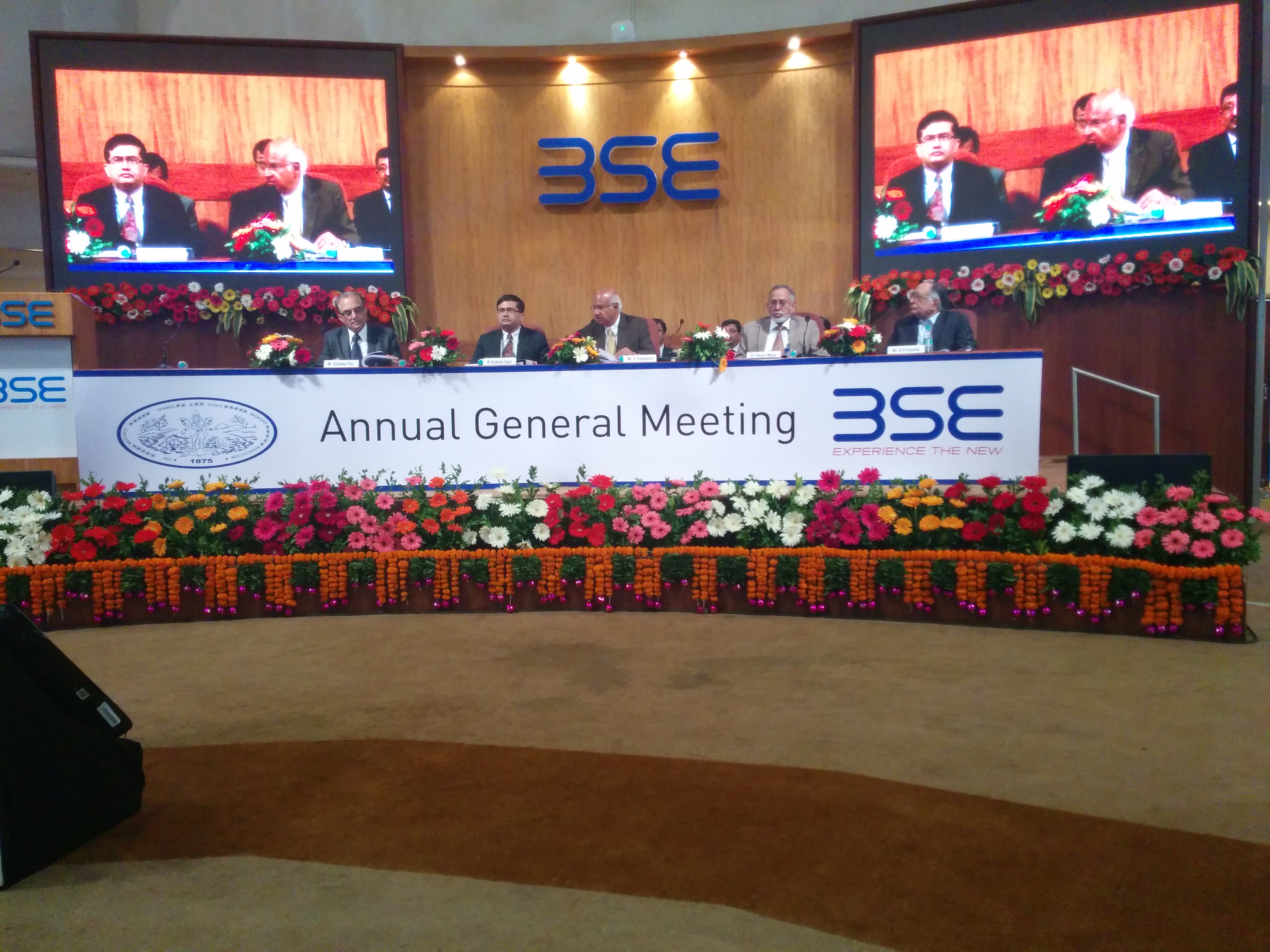Caldwell India Holdings holds 3.87% of Bombay Stock Exchange.A reader sent me their investment pitch to Canadian investors:
History
Started in 2005, the Caldwell Growth Opportunities Trust (“Opps”) was originally designed for investors interested in the demutualization and initial public offerings (“IPO”s) of the world’s stock, options and commodities exchanges. Compared to most limited partnerships and private equity vehicles, the Opps was a more flexible alternative for accredited investors. Marked-to-market every month, the Opps can be purchased and redeemed monthly, with the latter requiring only 15 days’ written notice.
The Opps started by buying New York Stock Exchange (“NYSE”) seats until the market for these closed at the end of 2005. The NYSE became a public company in 2006, but the shares that its members received in exchange for their seats had a lock-up of 1 to 3 years attached to them. Nevertheless, Opps investors continued to have liquidity.
In 2006, the Opps started buying seats on the world’s largest options exchange, the Chicago Board Options Exchange (“CBOE”). Derivatives (i.e. options and futures) attract higher margins for the exchanges that trade in them especially when the contracts are in high demand and the exchange has the exclusive rights to trade or license them. The CBOE developed the S&P Index options, the options with the largest volumes in the world, and remains the sole trading venue for these. In recent years, the CBOE has also added the very lucrative Volatility Index (“VIX”) contract to its proprietary stable.
In our opinion, India is the best Asian country to partner with because India has a free economy, a free press, the rule of law and operates the largest democratic process in the history of the world. Nevertheless, India has challenges arising from an overabundance of bureaucracy and a latent aversion to foreign investment, both issues stemming from its colonial past. In 2007, for the first time the shares of Indian stock exchanges were opened to foreign direct investment and the Opps made its largest overseas commitment by purchasing shares of the Bombay Stock Exchange (“BSE”).
The best way to participate in the growth of a nation is to own a piece of its stock exchange, because the best and most profitable commercial ideas eventually become publically listed companies. India is a fantastically diverse country with an unrivalled entrepreneurial culture. Listing on the BSE, which hosts more companies than any exchange in Asia, provides the capital to empower those businesses to expand.
Not surprisingly, when the financial crisis of 2008 hit, even the share prices of the continuously profitable exchange sector were hit hard. NYSE shares fell from over $100 to $14 and the intended IPOs for both the BSE and CBOE were delayed. The CBOE eventually launched its IPO in 2010, but the BSE has yet to gain a public listing and this impending IPO is the jewel in the crown of reasons to own the Opps going forward.
Present & Future
Why own the Opps now? :
1) With over 60% of its assets in the BSE, which is still not publicly listed, the Opps is the purest publicly available vehicle in the world to participate in the IPO on this exchange for which the future looks brighter than at any time since the Opps’ initial investment (please see BSE Inc. below),
2) the Opps has over $16 million in tax losses which will allow both its current and new investors to defer gains for the foreseeable future and
3) as its name implies, the Opps still has the best structure to enable its unit holders to participate in opportunities that would normally be out of their reach. A number of these opportunities, both old and new, are expected to come to fruition in the next 12 months (See Resources and Private Capital below).
BSE Inc.
The Bombay Stock Exchange renamed itself BSE Inc. partly in recognition of the longstanding name change of its host city to Mumbai, but also to signal that it is a new and dynamic enterprise compared to what it was before. The BSE’s new management under CEO Ashish Chauhan has dramatically increased the exchange’s speed of trade execution, made significant inroads with high frequency trading and developed a meaningful presence in the lucrative derivatives business.
The most followed benchmark of Indian stocks is the Sensex Index, which the BSE owns. After a difficult several years that saw a major terrorist attack on Mumbai, a moribund Indian economy, a run on the rupee and depressed stock markets, the Sensex has been on fire as of late, gaining 22% so far in 2014 and 38% over the past 12 months.
The recent election of the BJP party headed by Narendra Modi was driven by the desire amongst Indians to reinvigorate their political and economic life. For many years the Chief Minister of Gujarat, one of India’s fastest growing states, Mr. Modi developed a reputation for cutting through bureaucracy to enable development.
Since the election, foreign investors, which own 25%+ of the BSE, have added their voices to those of the domestic Indian investors in emphasizing the importance of publicly owned stock exchanges as a measure of the securities regulator’s confidence in the strength of the Indian market structure.
Mr. Chauhan is speaking publicly about the possibility of a BSE IPO in 2014:
http://www.business-standard.com/article/markets/tech-edge-may-help-bse-regain-market-share-ipo-likely-by-year-end-114042201052_1.html
Amongst North American exchanges, we have witnessed the tremendous advantage that the first mover to the public market conveys. With 60% of the Opps invested in BSE shares, an IPO of this exchange should provide the Opps a tremendous lift.
